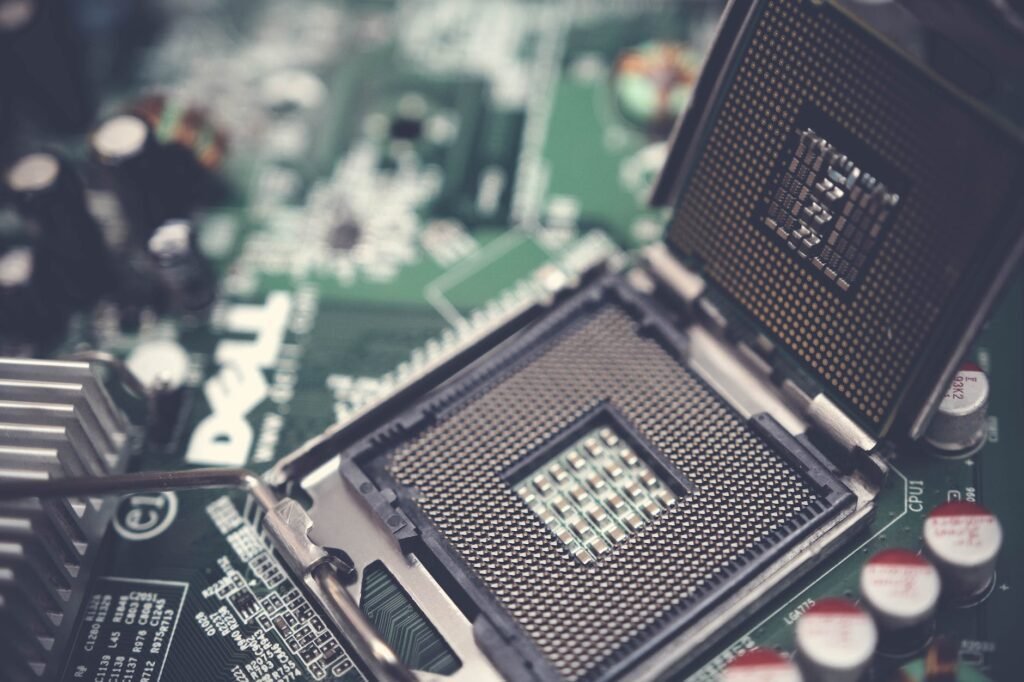On June 13, India’s National Security Adviser (NSA) Ajit Doval and American NSA Jake Sullivan held a meeting in New Delhi where they discussed regional and global issues of mutual relevance. This information was conveyed through a press note issued by the Ministry of External Affairs (MEA).
Subsequently, Mr Sullivan, who was on a two-day visit to India, participated in a round table organized by the Confederation of Indian Industry (CII) on the topic of “Advancing India-US Initiative on Critical and Emerging Technologies (iCET).” During the event, he emphasized the need for India and the U.S. to diversify global semiconductor supply chains.
Sullivan stated, “The U.S. and India are positioned to lead the clean energy transformation, strengthen and diversify global semiconductor supply chains, as well as supply chains for other critical goods. Furthermore, we aim to spearhead the revolution in AI (Artificial Intelligence), advanced computing, biotech, and quantum computing. Our objective is to eliminate barriers to collaboration between both countries. We need to identify the obstacles that hinder our ability to fully maximize the potential of our cooperation.” He made these remarks during the second Track 1.5 dialogue on iCET, in the presence of Ajit Doval and U.S. Ambassador Eric Garcetti.
The iCET was officially launched by Prime Minister Narendra Modi and American President Joe Biden on May 24, 2022, during the Quad Summit in Tokyo. Sullivan’s visit precedes PM Modi’s upcoming trip to Washington D.C. and offers an opportunity for both sides to conduct a comprehensive review of the India-U.S. global strategic partnership, as stated by the MEA.
According to a statement from the MEA, following the commencement of the iCET, Doval and Sullivan have been actively working together to promote collaboration in various identified areas, including Artificial Intelligence, Quantum Computing, Semiconductors, Telecommunications, Defence, and Space.
During his presentation at the CII-organized event, Doval shared recollections of his visit to Washington D.C. earlier in the year.
He said, “I was filled with excitement, yet also had doubts. I was uncertain whether the idea would take off. However, today, I am much more confident and hopeful. It is not just because of the government’s actions, but also due to the tremendous response from the industry, scientists, research scholars, and institutions, who have embraced this initiative with great enthusiasm. “Doval expressed his belief that iCET will significantly enhance the India-U.S. strategic relationship, describing it as an “orbital jump.”
“Most importantly, we have established a Strategic Trade Dialogue, which will serve as a platform to address regulatory barriers and export control issues. This dialogue holds immense significance in the overall framework of our collaboration. iCET is set to become a vital pillar of our bilateral strategic partnership,” stated Doval, emphasizing the commitment of both governments to the iCET.
During his presentation highlighting the strength of the iCET, Mr. Garcetti stated, “We possess technology that not only connects people but also protects and heals them, as that is the essence of technology.”


